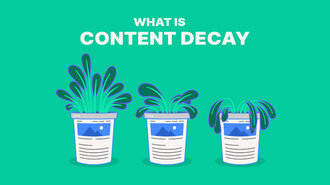For anyone over 30, it can sometimes be hard to believe you live in a world where any information you want is at your fingertips. It’s in your hand, back pocket, or purse.
If you’re part of the younger generation, having information at your fingertips is something you’ve always known. The rapid evolution of technology has made accessing necessary information, like learning sign language, incredibly straightforward.

Think about how often you Google something a day — and whether the information has been verified to ensure its accuracy by in-house editorial teams.
From a marketing standpoint, an individual’s ability to seek information quickly can be both good and potentially harmful.
Content really is king and always has been. That’s not likely to change. However, a significant drawback in content creation is the spread of misinformation.
Want to receive updates? Sign up to our newsletter
Each time a new blog is posted, you’ll receive a notification, it’s really that simple.
What Is Misinformation Online?
Simply put, anyone can say whatever they want online.
Some are more meticulous in crafting content that appears legitimate. While certain frauds and scams are obvious, in our tech-driven world, misleading news, statistics, or ads can be particularly damaging due to heavy reliance on search engines for accuracy.
Google is already doing its part to stop the spread of misinformation by increasing literacy standards. Still, it’s very difficult for a search engine to pinpoint what’s accurate in the everyday world. That remains a very human issue.
So, what can you do to combat misinformation? You might not be able to wipe the Internet clean of falsehoods. Still, you can focus on prioritising and striving to maintain content integrity within the content creation process while committing to good SEO practices. Let’s take a closer look at how you can accomplish that and why it’s so important.
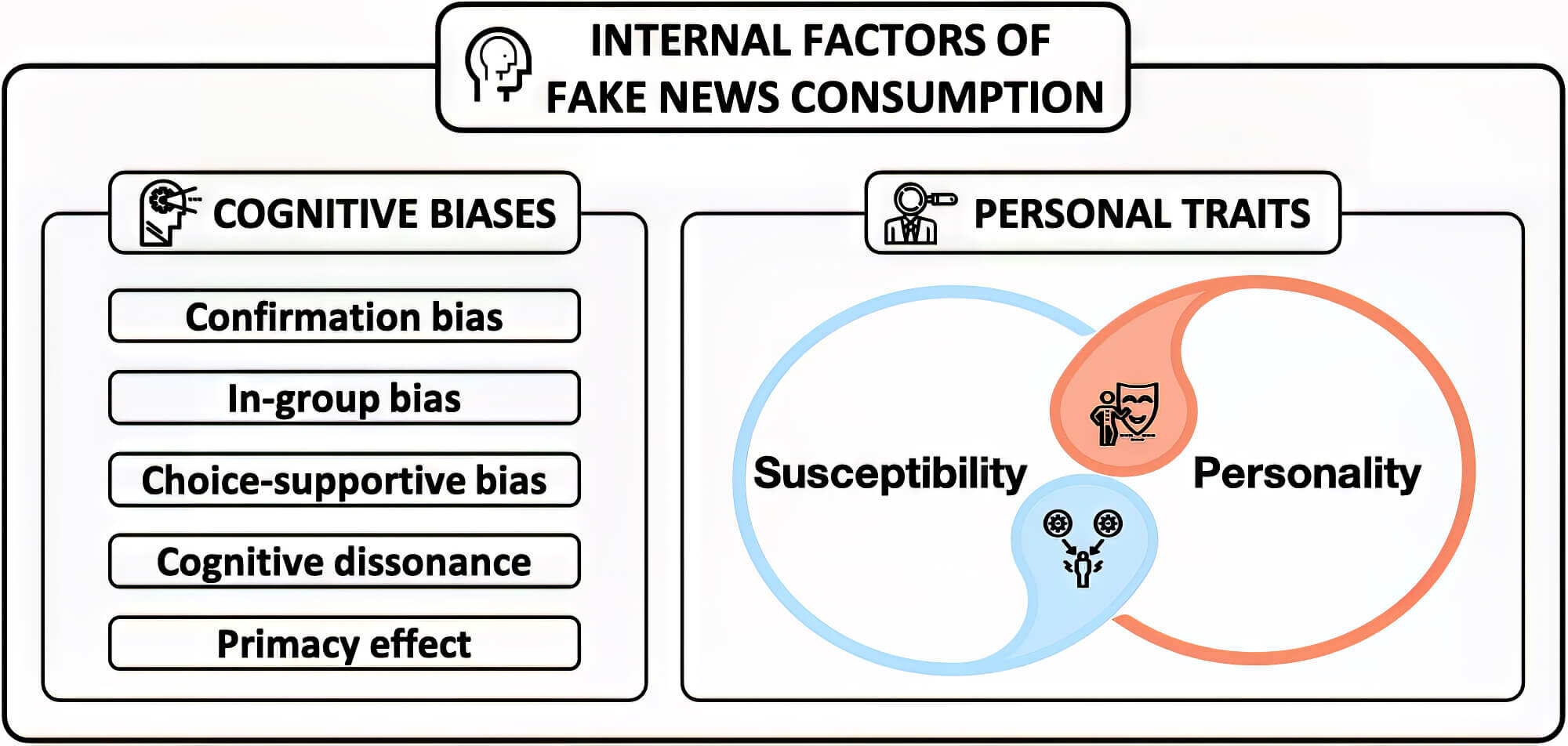
Why Is Misinformation So Pervasive on the Web?
The digitalisation of society has created a culture with many benefits. Advancements in technology, especially over the last few decades, have increased accessibility and levelled the playing field for marginalised and disadvantaged groups. Some of the most significant tech advancements that have boosted equality across the globe include:
- Remote work
- Telehealth
- Online professional networking
- Financial technology
- Educational technology
There’s no doubt that getting through the global pandemic would have been harder without technology. It’s provided access to unbiased health information for those who might not otherwise receive the education and care they deserve, showcasing medical and editorial advancements.
Unfortunately, when something sounds too good to be true, it usually is.
The problem with an increasingly digital world is an increase in misinformation. The more people have access to the Internet and learn how to use it well; the easier it is for them to spread falsehoods.
Nowadays, when people think of online misinformation, they refer to it as “fake news” considering the validity of the article content encountered online and stories encountered online. However, misinformation online typically stems from websites, which is why good SEO practices are essential.
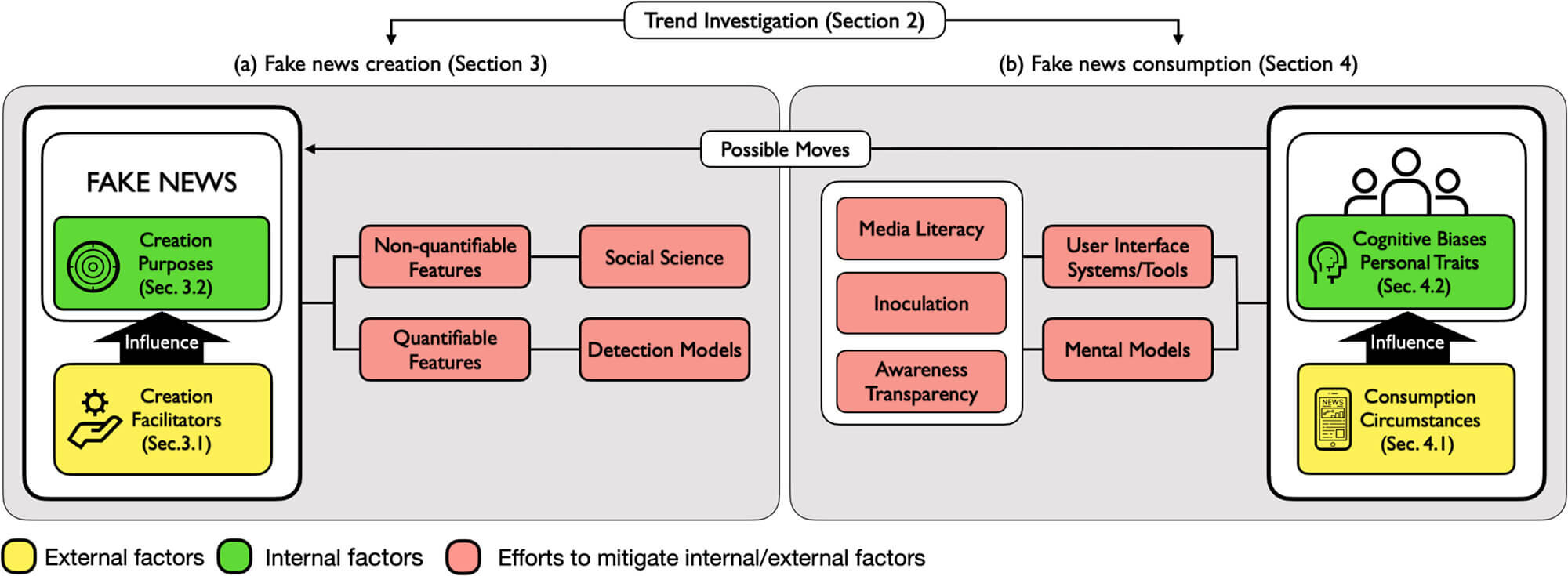
Research has shown that people have a strong desire to appear “in the know,” leading them to fall for fake news more easily. If they see an attention-grabbing headline or a written lede that sparks their interest, they’re more likely to agree with and share it with people in their social circles without fact-checking it.
Those creating fake or false content are counting on that. It means more clicks onto their website, more views, and, ultimately, more money. Is it ethical? No. Do these brand partners demonstrate integrity? Not. However, it’s a scam that many content creators and web designers get away with, fueled by the average person’s curiosity.
Unfortunately, these spreaders of misinformation also tend to work quickly. They know their particular brand of content can decay quickly, especially once people start to question it. So, they are constantly pushing out new information to keep their momentum going, making it easier for the fake news to continue spreading.
The Problem With Personalisation
As a marketer, you understand the importance of personalisation in content creation. A personalised content marketing strategy helps to:
- Improve customer experience;
- Maintain consistency;
- Establish a brand identity;
- Improve relationships;
- Build trust and loyalty.
Many of today’s consumers prefer — and even expect — a personalised experience from the brands they frequent. But, publishing personalised content can contribute to algorithmic silos. Targeted marketing can be another good thing, especially when actively engaging with SEO while letting Google’s algorithm do the work for you.
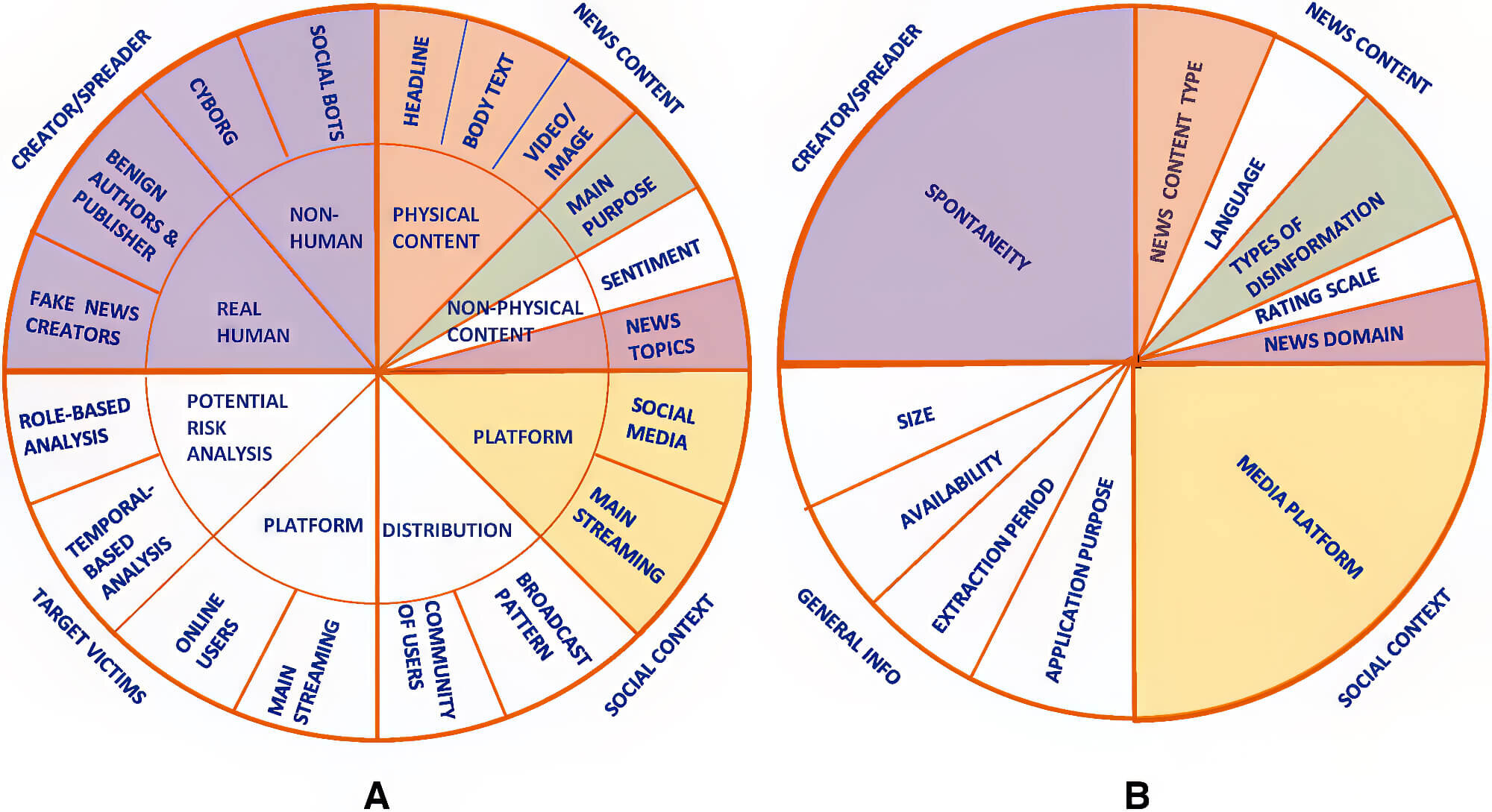
But, it also puts your audience at a greater risk of seeing only content that reinforces products that might be based on misleading claims or dishonest marketing. When they see false content that aligns with their preexisting biases and doesn’t have opposing views, they’re more likely to see it as trustworthy.
That creates a vicious cycle, especially as those silos push false content to the top of the SERPs. The higher these pages rank, the easier it is for people to believe they’re trustworthy.
So, if someone from your target audience clicks on a website that fuels their confirmation bias, the algorithm will show them even more content just like that.
What Is the Government Doing About Misinformation?
Google and other search engines can only do so much to combat misinformation. Thankfully, the Australian government is taking active steps to fight back against harmful online misinformation. While it might not completely erase the falsehoods being spread over the internet, laws that evaluate brand partners can reduce the spread of misinformation and protect people from believing it.
The Australian Communications and Media Authority (ACMA) was recently provided with the power to hold digital platforms more accountable regarding misinformation online. They’ll be able to keep records of false information and respond quickly. There is a fine line between freedom of speech and spreading misinformation. Getting the government involved will help make that line less blurry.
Additionally, the ACMA will focus more on larger, systemic issues and what digital platforms do rather than trying to attack each piece of false content. While the ACMA won’t have any power over what might be considered truthful, they plan to hold platforms to a higher standard as misinformation spreads rapidly.
How Can You Make a Difference?
Whether you’re part of editorial and business teams, own your own business or are a freelance content creator, it can feel a little overwhelming when you think about fighting back against so much misinformation online. But there are easy ways you can combat the spread of falsehoods.
First, consider what’s most essential and the type of information that might have the most significant impact on a person’s life.
Google focuses on a newer concept: “Your Money or Your Life” (YMYL). This concept refers to websites and pages that could have a significant impact on a person’s:
- Future Happiness
- Health
- Financial stability
- Safety
For instance, countless sites that popped up during the pandemic posed as reliable health and wellness sources. Unfortunately, the more prominent those sites became during COVID-19, the more people started to believe the misinformation they were spreading rather than implementing a thorough editorial process.
That dangerous false information undoubtedly contributed to at least some people not knowing or believing scientific facts. Others may have believed misinformation that kept them from properly protecting themselves.
Even though it’s now a post-pandemic society, YMYL pages are still creating problems for people across the globe. Someone might invest their money incorrectly or spend thousands of dollars on a specific site because of the information they’re given.
Someone else might put personal information online that allows their identity to be stolen. These scams fueled by misinformation can grab anyone’s attention. They often look very legitimate, realistic, and trustworthy.
The areas covered by YMYL are arguably the most important in an average person’s life. So, how can you fight against misinformation in these areas? Start by understanding what is content integrity when optimising your site and pages for YMYL. Make sure your content is authoritative, honest, and transparent. Focus on creating high-quality content rather than quick pieces to stay fresh. You can improve the authority of your content by:
- Using backlinks
- Creating a positive brand reputation
- Using credible sources
- Providing author information
As you create authoritative and informative content, you’re not removing misinformation from the internet. However, the more opportunities your audience has to learn, the more likely it will be to rank higher on Google, effectively pushing down the pages that contain falsehoods. Hence, they’re less enticing for the average reader.
Best SEO Practices for Content Creation
In addition to purposely focusing on YMYL and creating authoritative content, you can boost your pages by implementing some positive SEO practices into your content creation strategy. The more you hone in on improving your SEO, the easier it will be for your pages to stay on top while those with misinformation fade into the shadows.
For starters, don’t forget about keywords. They might not have as much focus as they once did, but they’re still important to those seeking a specific topic.
Whenever you write fresh content, focus on one or two keywords your target audience might be looking for. Try to centre your content around those words without keyword stuffing.
Today’s average consumer can tell when they’re being shown an advertisement rather than relevant information. Be conversational and colloquial as often as possible. Your goal should always be to establish trust while showcasing your authority.
With that in mind, when creating content for SEO purposes, it’s necessary to dig a little deeper and develop a strong understanding of your reader. Ask yourself questions like:
- Who are you writing this for?
- Which keywords are they using to search?
- What kind of information do they need and why?
As you attempt to get into the minds of your readers, you’ll have an easier time creating content that appeals to them and gains their trust.
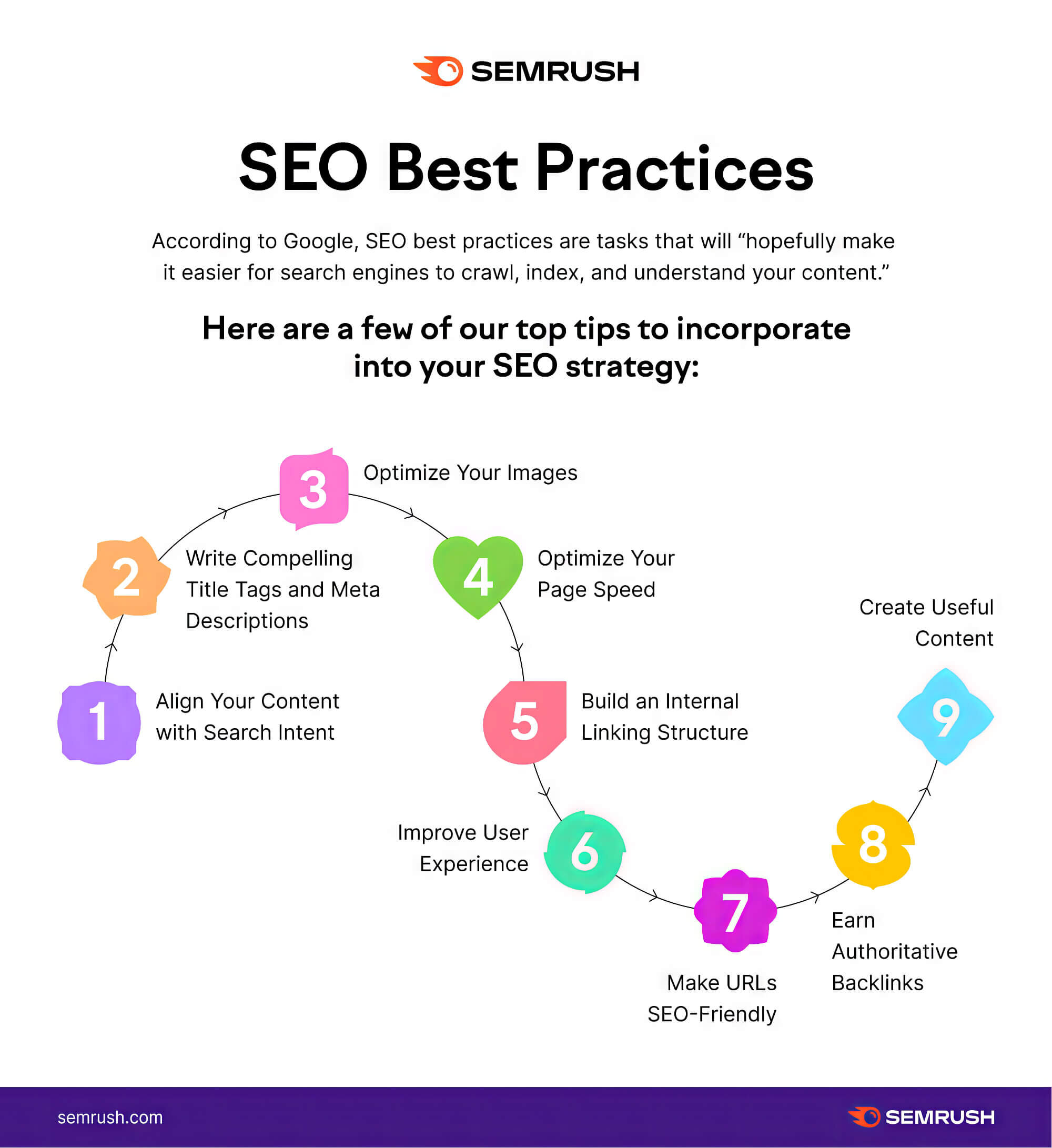
The most important step to take when optimising your content is to do your original research. While backlinking to other sites and citing your sources is important, ensuring those sources and sites provide accurate information is just as essential. It’s always a good idea to double-check when stating a fact or statistic. Where did your source get its information from? Is there research to back it up?
It’s also essential to return to the source as often as possible. Other sites will use facts and statistics from an original study or survey.
They might leverage an influencer’s popularity or use an actor dressed as a professional to spread misinformation convincingly. Strangely, it’s not illegal for someone to don a stethoscope, stand before a camera, and give the impression of being a medical expert without explicitly claiming it.
If they’re a celebrity or popular influencer, it’s even more dangerous. People are less likely to ask questions and more likely to believe whatever they’re told.
These little tricks make it easy for scammers to distract people from digging deeper into original sources. When creating content, no matter the type, you go back to the original when it comes time to cite your sources. This builds trust and lets your audience know exactly where the information comes from. The more transparent you are, the better.
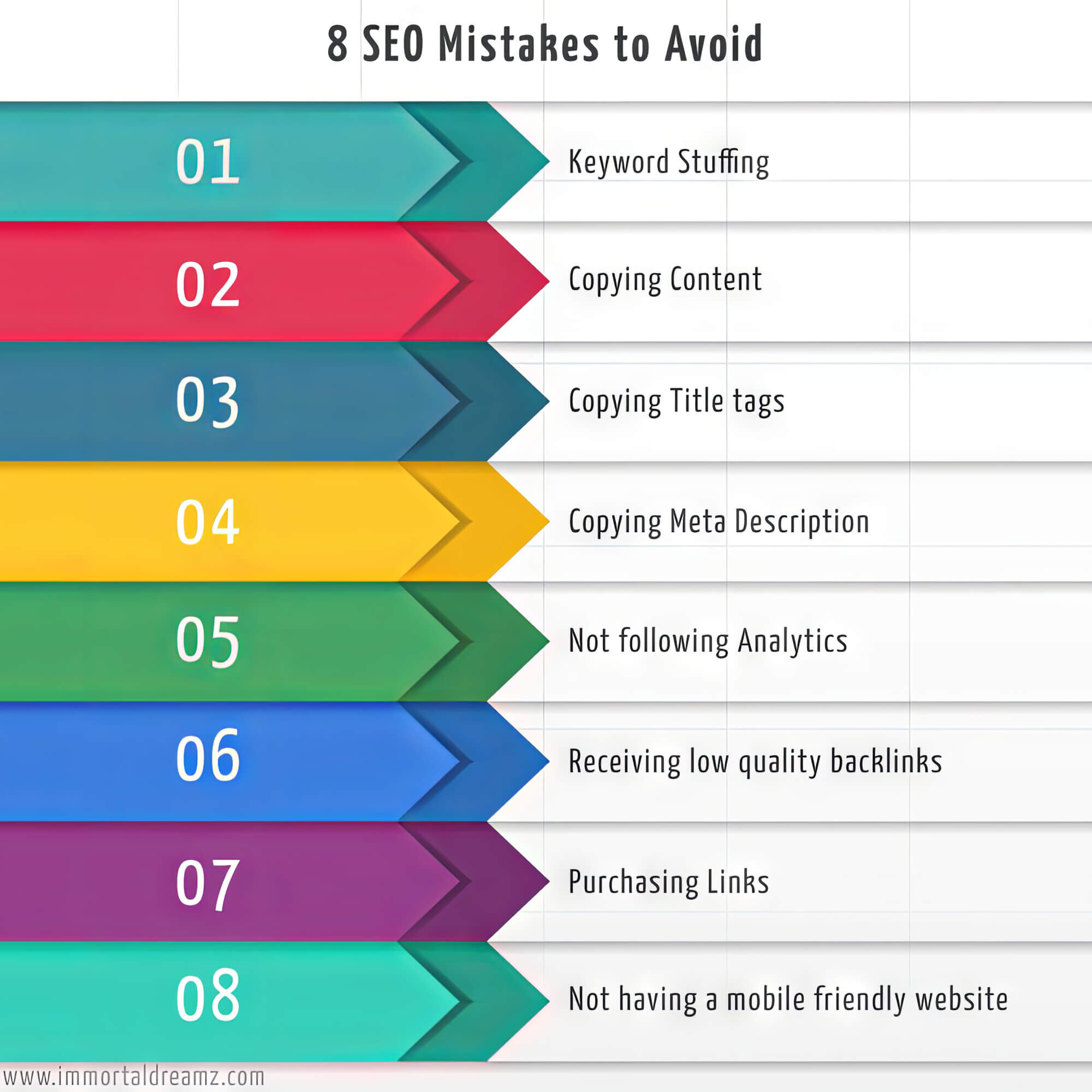
Mistakes To Avoid
For a seasoned marketer or content creator, SEO best practices are easy. However, it’s not always as easy to avoid common SEO mistakes, especially if you get used to doing things a certain way. You don’t want to create content that isn’t SEO-friendly, giving sites that push misinformation an edge.
Some of the most important content issues to avoid include outdated content or information and/or duplicate content. Older content on your site isn’t a problem if it’s still relevant. However, expert writers should review it periodically to check for broken backlinks.
Other common SEO mistakes include not optimising your site for mobile devices, slow site speed, and missing alt text. If you want to stay ahead of your competitors, especially those spreading lies to the masses, avoiding these mistakes is key.
Don’t assume that the written word is the only form of content you should optimise for SEO. Today’s consumers rely on multiple forms of media, including video marketing, to get information. Make sure every piece of content on your site is optimised and transparent.
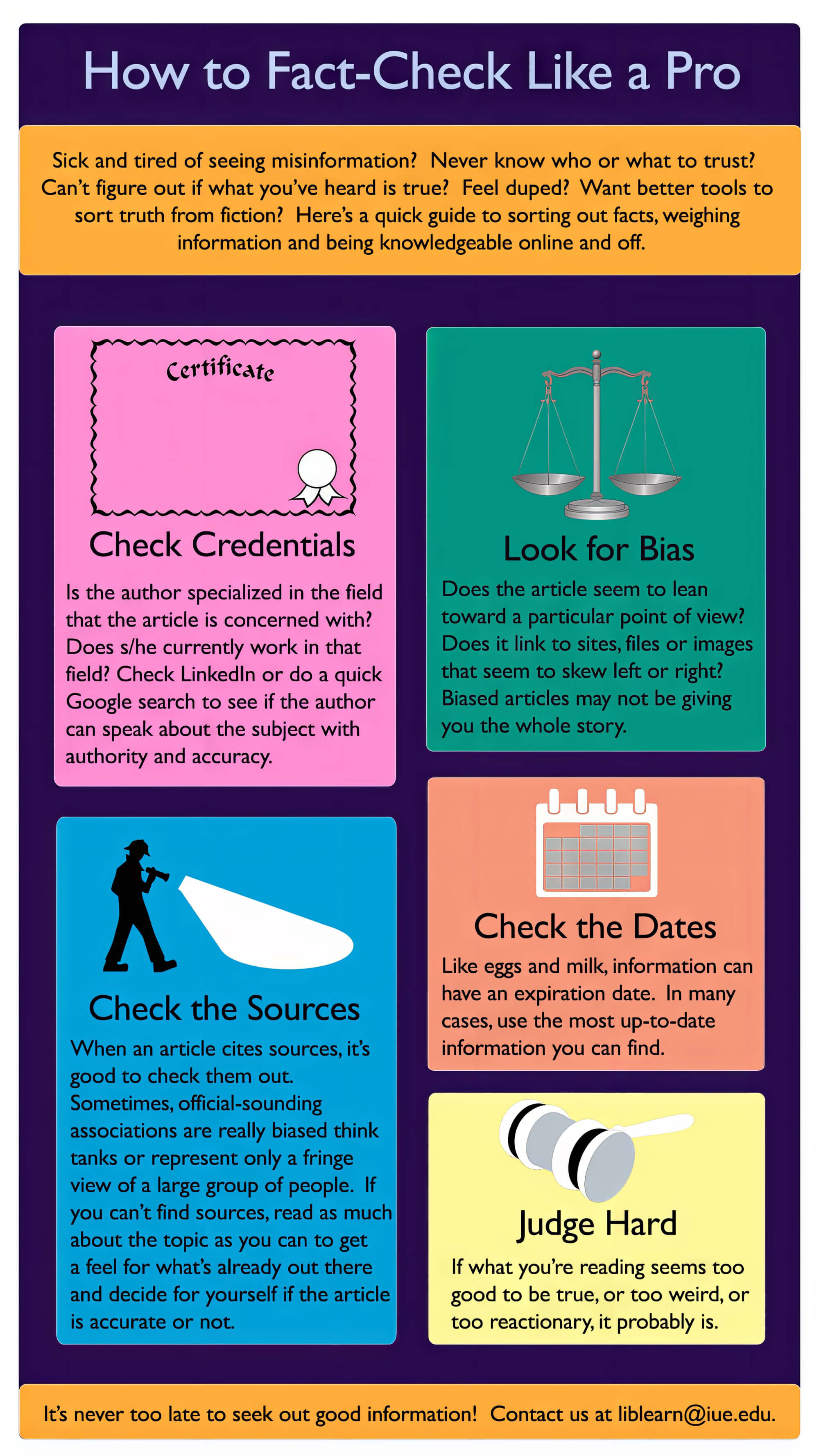
Spreading Education Instead of Misinformation
No matter your industry, if you’re involved in content creation, you’re likely ahead of the game when it comes to understanding how invasive and dangerous digital misinformation can be. The average person might not fully recognise the pervasiveness of this type of information nor how much harm it could do to society.
If you want to focus on building an authentic brand and boosting trust with your audience, be open, honest, and informative about the risks of misinformation.
We’ve seen glimpses of efforts by social media companies to thwart this behaviour. Facebook has gotten some pushback for flagging specific posts when they contain potentially false information. While their system needs a bit of tweaking, it’s an excellent place to start.
You might not be able to flag or block other websites or pages, but you can do your part to teach your audience how to avoid misinformation online.
Some of the best tips to give your audience on how to spot fake information and avoid spreading it to others include:
- Looking for legitimate sources
- Avoiding pages with anonymous sources or with no citations
- Considering Whether the content serves as a reliable future reference
- Never share sites with friends or family until they’ve been fact-checked.
It’s also important to remind your audience not to give in to their emotions when reading a piece of content. Conversational content that aims to connect with an audience is good. But, it’s dangerous if the core of the content is false.
Scammers rely on strategies like these to get people’s attention and draw them in. Taking everything you read, hear, and see with a grain of salt is essential until you can do additional research.
Moving Forward
You might feel like combatting misinformation online is a challenging task. These scammers aren’t going to stop any time soon. However, you can do your part by integrating shopping links with transparency.
Uphold rigorous standards for yourself, your brand, and the messages you put online. As people become more aware of misinformation and how it spreads, as well as what to look for, we’re likely to see a shift in its popularity and impact.
Keep these creation strategies in mind as you move forward. Optimise your content and website for SEO, and keep your finger on the pulse of what the government and other organisations are doing to fight against misinformation.
The more informed you are, the easier it will be to educate others and bring everyone onto the same page regarding staying safe and recognising what’s true.





